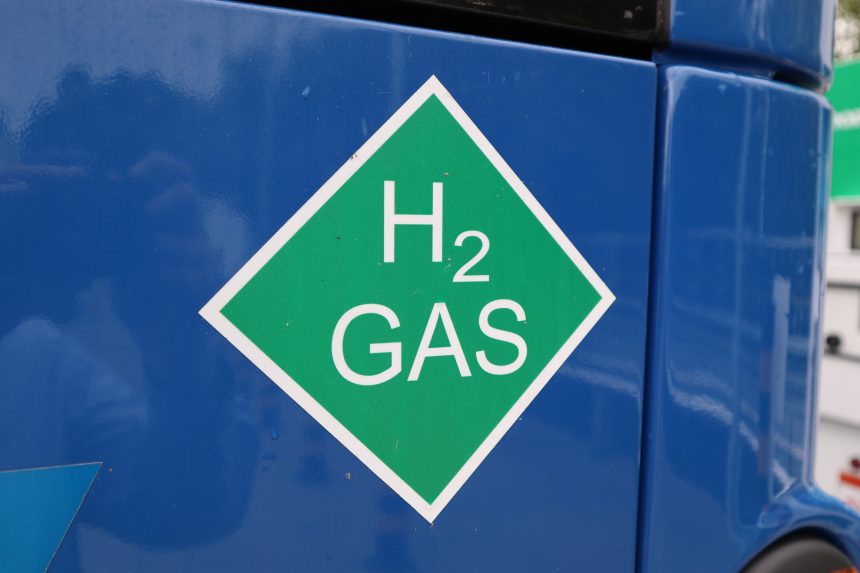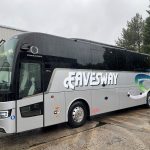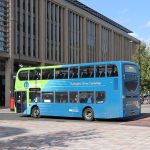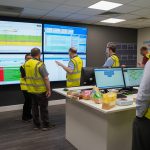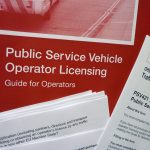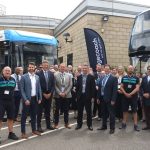Wrightbus has tended not to do things by halves since rescue by Jo Bamford in 2019. While there was much recovery for him to oversee, the reborn business has piled on production and jobs since, albeit from a relatively low starting point.
Mr Bamford’s enthusiasm for hydrogen is well-known. It is no doubt linked to his family’s involvement in construction equipment. A battery-electric excavator or dumper is no use on a site without mains power. Even so, it was a surprise when Wrightbus revealed its interest in developing a hydrogen fuel cell-electric coach.
Those efforts began with a modest grant from the Advanced Propulsion Centre to take forward a hydrogen coach driveline. That task is well underway, with a ‘mule’ – a bus to which the driveline has been fitted – already in circulation.
That Wrightbus is now pushing ahead with building complete hydrogen coaches is notable, as is its appointment in Dave Porter of a first coach industry specialist whose task it will be to sell those vehicles when they debut, which is expected in 2026.
Over 30 years’ experience in coaches means that Mr Porter knows what operators across that sector want and – perhaps more importantly – what they do not. The Arrival battery-electric bus debacle illustrated the pitfalls awaiting a manufacturer that is new to a field and believes the wheel is ripe for reinvention.
Any use of hydrogen in the coach sector will be a slow burner for one reason beyond the vehicle: Fuel supply. Deploying a hypothetical hydrogen-powered coach outside usage patterns where it returns to base daily is – for now – largely impossible.
Some players in the hydrogen space are working to change that, but it will take time. No doubt key for the Wrightbus work is Mr Bamford’s interests in the supply of hydrogen via Ryze Hydrogen. 2026 and the planned coach debut is not far away, however. Will Ryze or others be able to support SME buyers of the vehicle by then?
Nothing is known about what application(s) Wrightbus will target with its hydrogen coach. But Northern Ireland operator Translink already runs hydrogen buses. It has a large fleet of high-capacity bus-cum-coaches for school work that will need replacing over coming years. Wrightbus is Translink’s established default vehicle supplier for zero-emission.
That aside, the business says it is engaging with operators on the UK mainland, suggesting that it plans to meet more conventional coaching requirements. Three vehicle OEMs active in the UK market – Irizar, Temsa, and Wrightbus, each with a claimed 1,000km range – have confirmed hydrogen coach products. Others will inevitably follow.
Hydrogen in the bus sector has an insurmountable lag behind battery-electric, but there is a growing indication that it could be the tool of choice for decarbonisation in coach – if a refuelling infrastructure is forthcoming. For that to happen, hydrogen-powered coaches need to be seen as part of a much wider ecosystem.




















